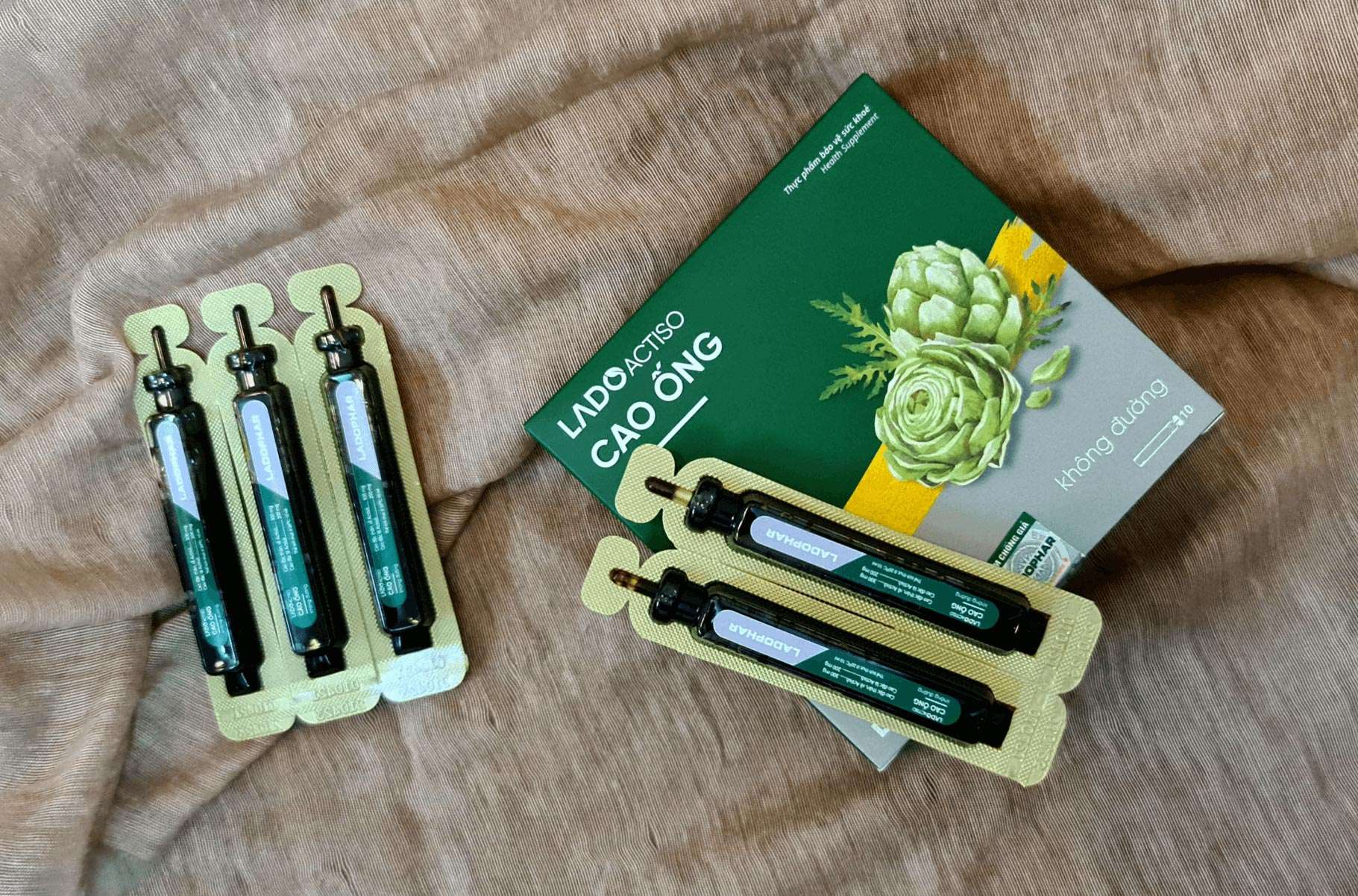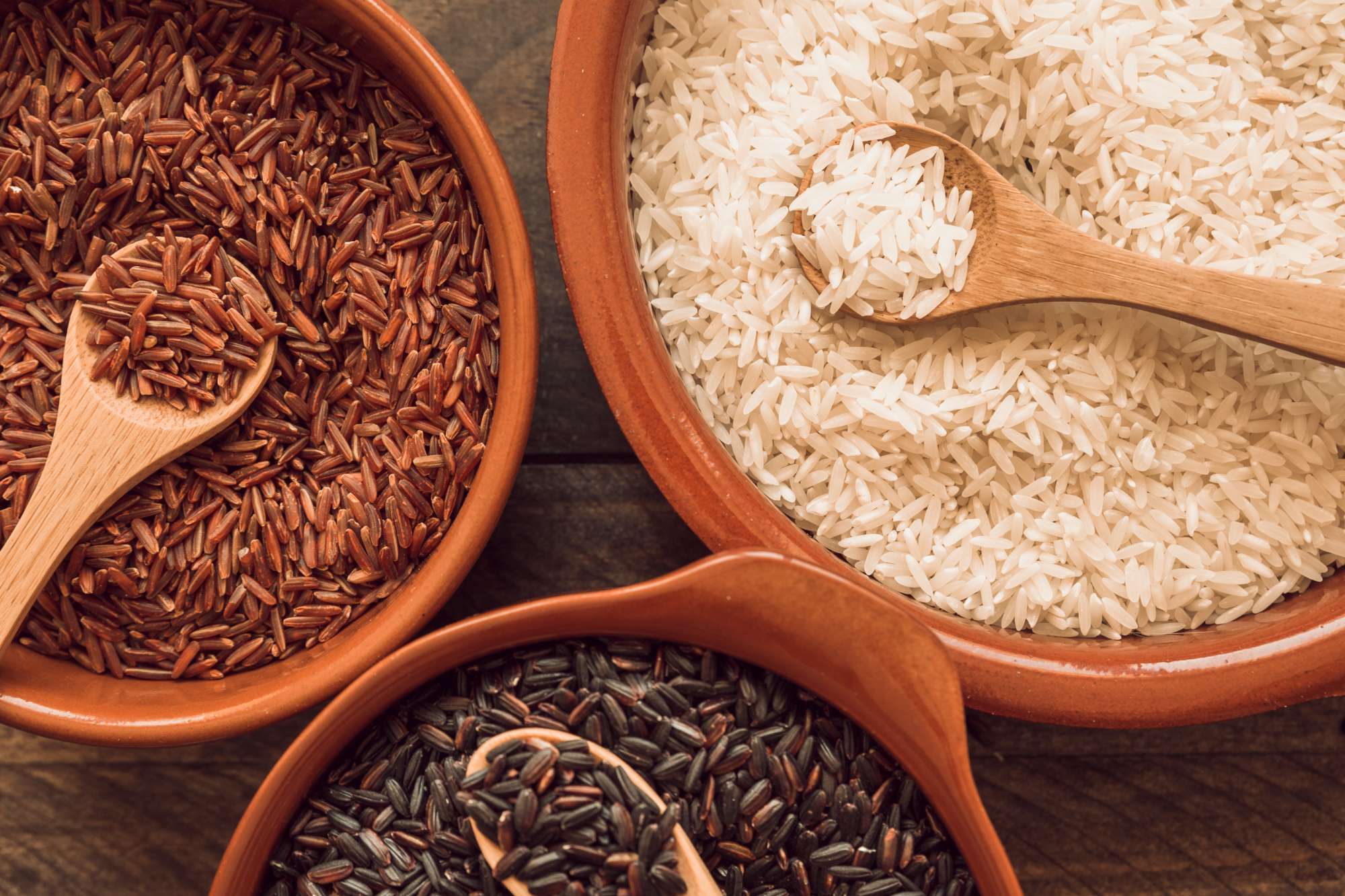Bitter melon
Bitter melon
Bitter melon contains many nutrients which are beneficial for health. Studies have shown numerous health benefits of it, the most significant of which is the compound that acts like an insulin which has been linked to reduced blood glucose and HgbA1C levels in type 2 diabetes. However, people who are pregnant or taking certain medications, especially blood sugar-lowering medicines, should consult their doctor before consuming high amounts or taking supplements.
Bitter melon is native to Africa. Wild or semi-domesticated variants spread throughout Asia in prehistory. Fully domesticated variant in Southeast Asia. Bitter melon is widely grown in Asia, Africa and the Caribbean.
Bitter melon is also known as Momordica charantia and many other name such as balsam apple, balsam pear, bitter apple, bitter cucumber, bitter gourd, karela, lakwa, margose, or wild cucumber. It is considered a tropical and subtropical vine of the cucurbitaceae family, and is closely related to zucchini, squash, pumpkin, and cucumber. There are many different types of bitter melon, but basically, their shapes are quite similar and all have a bitter taste, the more it ripe, the more bitter taste.
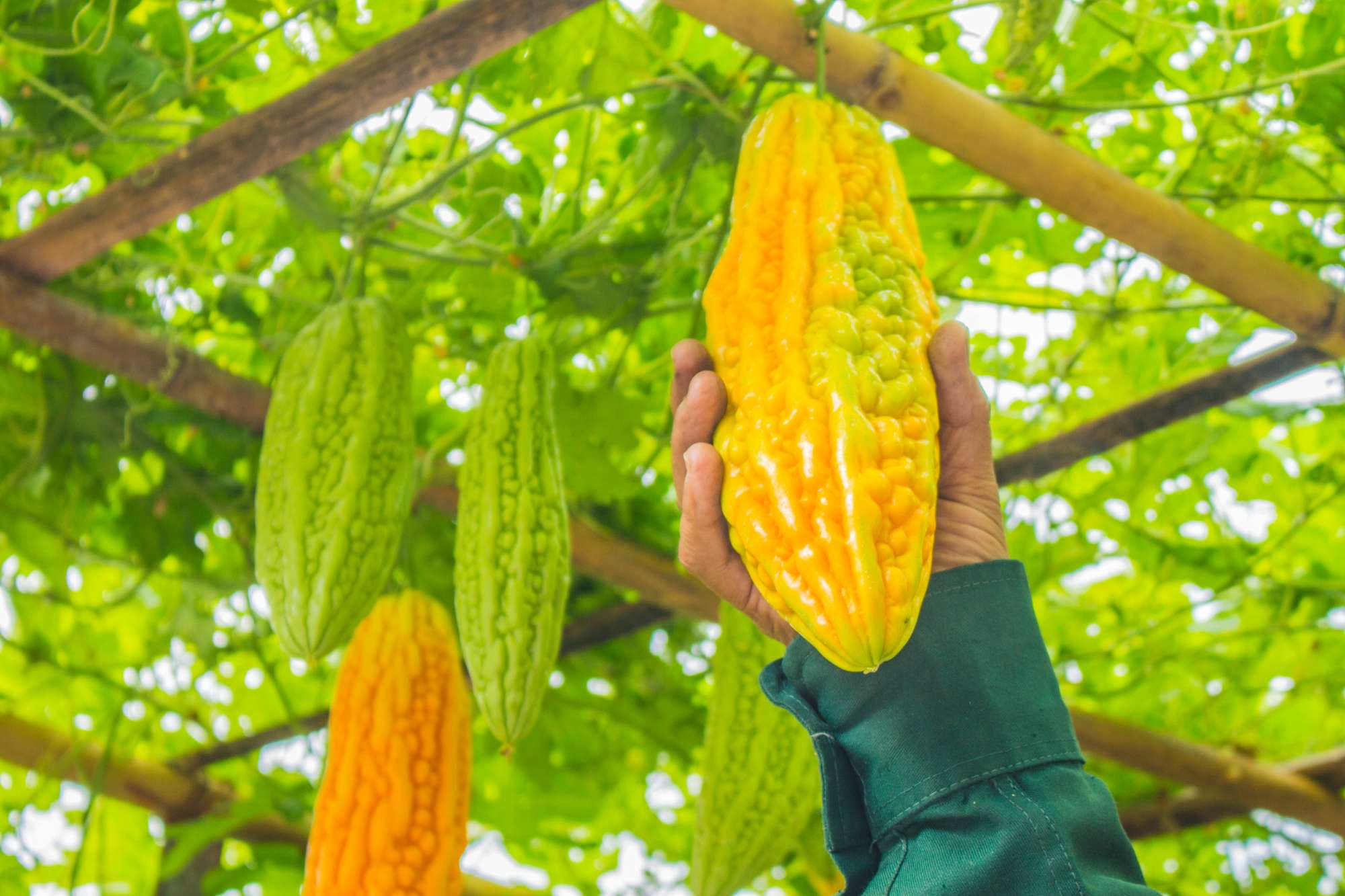
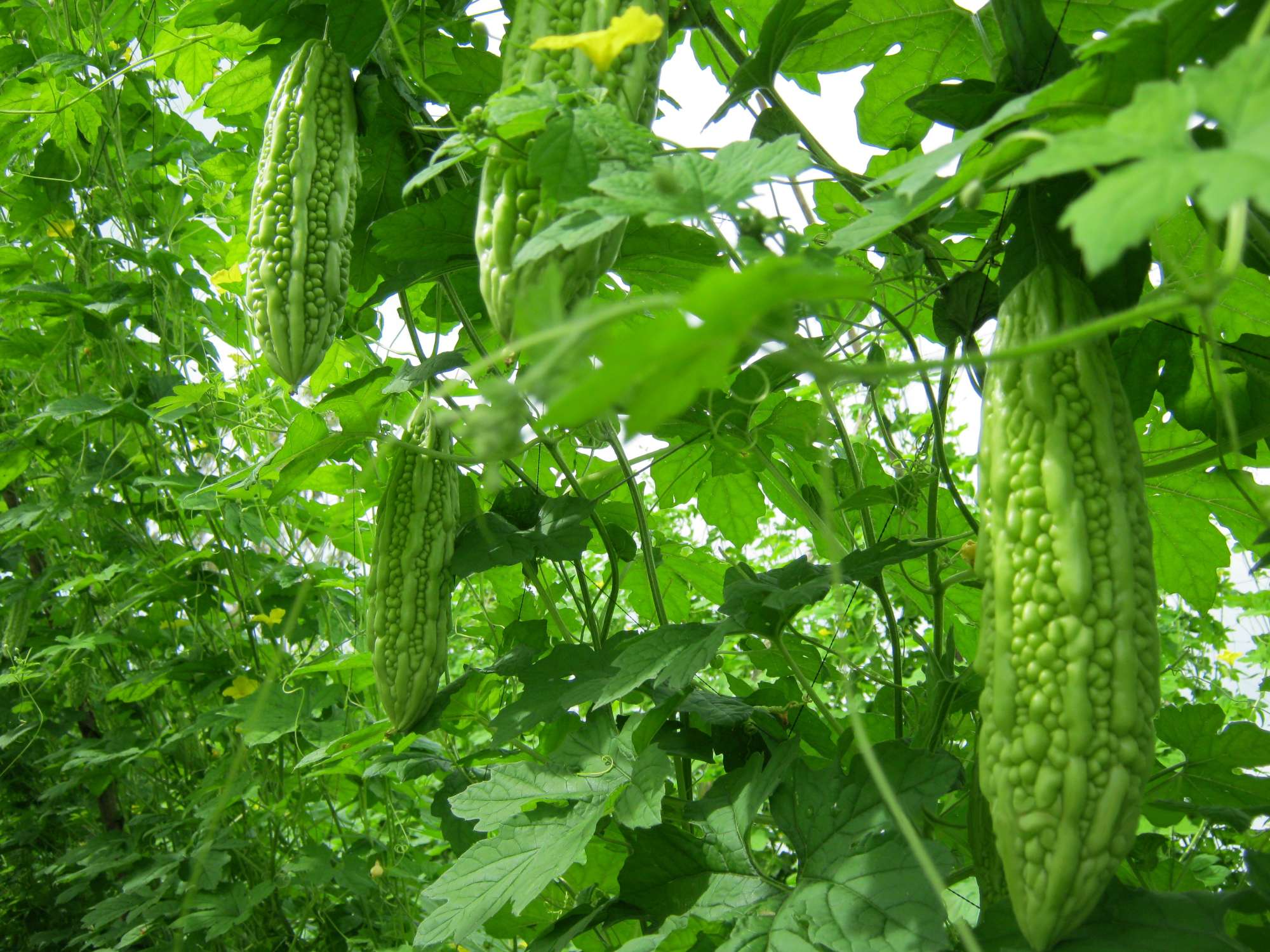


Nutritional value in 100grams (g) of bitter melon
For boiled bitter pods without salt, drained:
Energy: 19kcal, Carb: 4.32g, Sugars: 1.95g, Fiber: 2g, Fat: 0.18g, Protein: 0.84g, Water: 93.95g.
Vitamins:
Vitamin A equiv: 6μg (1%DV†), beta-Carotene: 68μg (1%DV†), lutein zeaxanthin: 1323μg; Thiamine (B1): 0.051mg (4%DV†); Riboflavin (B2): 0.053mg (4%DV†); Niacin (B3): 0.28mg (2%DV†); Pantothenic acid (B5): 0.193mg (4%DV†); Vitamin B6: 0.041mg (3%DV†); Folate (B9): 51μg (13%DV†); Vitamin C: 33mg (40%DV†); Vitamin E: 0.14mg (1%DV†); Vitamin K: 4.8μg (5%DV†).
Minerals:
Calcium: 9mg (1%DV†); Iron: 0.38mg (3%DV†); Magnesium: 16mg (5%DV†); Manganese: 0.086mg (4%DV†); Phosphorus: 36mg (5%DV†); Potassium: 19mg (7%DV†); Sodium: 6mg (0%DV†); Zinc: 0.77mg (8%DV†).
Bitter melon is particularly rich in vitamin C which is an important micronutrient involved in disease prevention, bone formation, and wound healing.
Bitter melon is also high in vitamin A, a fat-soluble vitamin that promotes skin health and proper vision.
The micronutrient folate (B9) found in bitter melon is essential for growth and development, as well as smaller amounts of potassium, zinc, and iron.
Bitter melon is a good source of catechins, gallic acid, epicatechin and chlorogenic acid, powerful antioxidant compounds that can help protect your cells from damage.
Plus, bitter melon is low in calories but high in fiber, meeting about 8% of your daily fiber needs in a 94-gram one-cup serving.
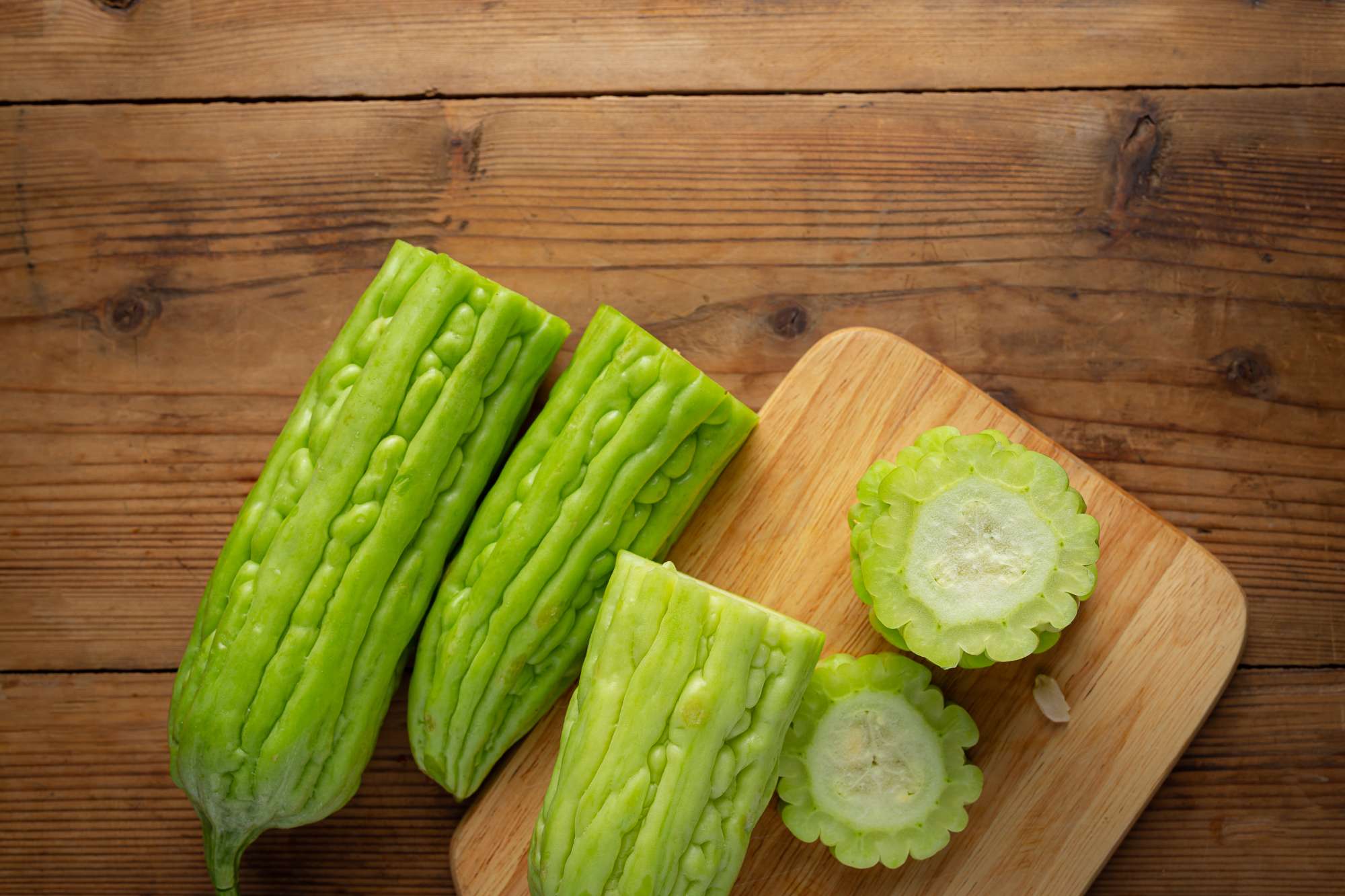

ABILITY TO REDUCE BLOOD SUGAR
Due to its potent medicinal properties, bitter melon has long been used by indigenous populations around the world to help treat diabetes-related conditions.
In recent years, several studies confirmed the fruit’s role in blood sugar control. A 3 month study in 24 adults with diabetes showed that taking 2,000mg of bitter melon daily decreased blood sugar and hemoglobin A1c, a test used to measure blood sugar control over three months. Another study in 40 people with diabetes found that taking 2,000mg per day of bitter melon for 4 weeks led to a modest reduction in blood sugar levels. What’s more, the supplement significantly decreased levels of fructosamine, another marker of long-term blood sugar control.
Bitter melon is thought to improve the way that sugar is used in your tissues and promote the secretion of insulin, the hormone responsible for regulating blood sugar levels. However, research in humans is limited, and larger, more high-quality studies are needed to understand how bitter melon may impact blood sugar levels in the general population.
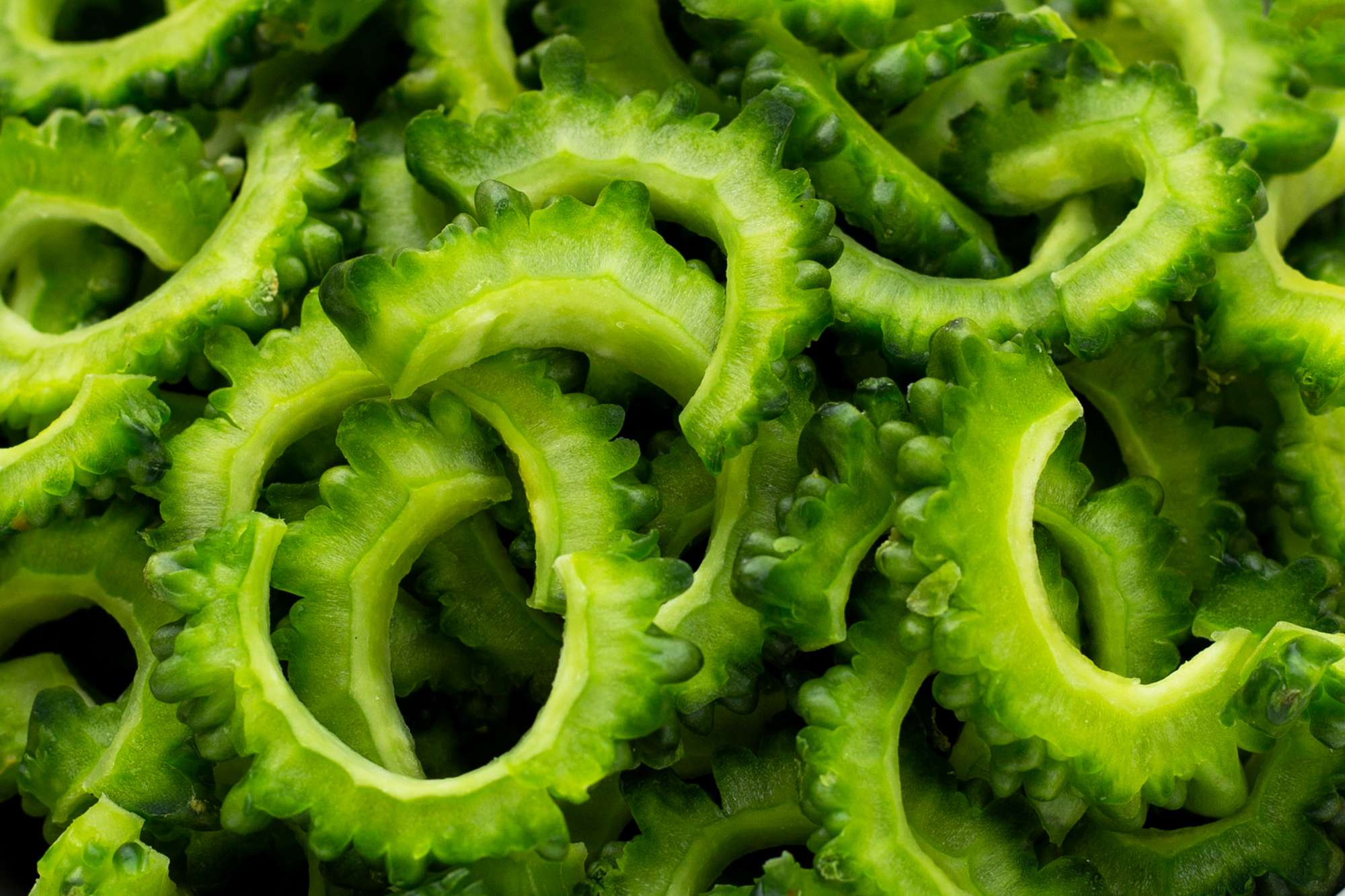
ABILITY TO FIGHTING CANCER
Research suggests that bitter melon contains certain compounds with cancer-fighting properties.
One test-tube study showed that bitter melon extract was effective at killing cancer cells of the stomach, colon, lung, and nasopharynx - the area located behind the nose at the back of your throat. Another test-tube study had similar findings, reporting that bitter melon extract was able to block the growth and spread of breast cancer cells while also promoting cancer cell death.
Keep in mind that these studies were performed using concentrated amounts of bitter melon extract on individual cells in a laboratory. Further research is needed to determine how bitter melon may affect cancer growth and development in humans when consumed in the normal amounts found in food.
.jpg)
ABILITY TO DECREASE CHOLESTEROL LEVELS
High levels of cholesterol can cause fatty plaque to build up in your arteries, forcing your heart to work harder to pump blood and increasing your risk of heart disease.
Several animal studies found that bitter melon may decrease cholesterol levels to support overall heart health. One study in rats on a high-cholesterol diet observed that administering bitter melon extract led to significant decreases in levels of total cholesterol, “bad” LDL cholesterol, and triglycerides. Another study noted that giving rats a bitter melon extract significantly reduced cholesterol levels compared to a placebo. Higher doses of bitter melon showed the greatest decrease.
Still, current research on the potential cholesterol-lowering properties of bitter melon is mostly limited to animal studies using large doses of bitter melon extract. Additional studies are needed to determine whether these same effects apply to humans eating the gourd as part of a balanced diet.
.jpg)
ABILITY TO WEIGHT LOSS
Bitter melon makes an excellent addition to a weight loss diet, as it’s low in calories yet high in fiber. It contains approximately 2 grams of fiber in each one-cup about 94-gram serving.
Fiber passes through your digestive tract very slowly, helping keep you fuller for longer and reducing hunger and appetite. Therefore, swapping higher-calorie ingredients with bitter melon could help increase your fiber intake and cut calories to promote weight loss.
Some research also shows that bitter melon can have beneficial effects on fat burning and weight loss. One study found that consuming a capsule containing 4.8 grams of bitter melon extract each day led to significant decreases in belly fat. Participants lost an average of 1.3 cm from their waist circumference after seven weeks.
Similarly, a study in rats on a high-fat diet observed that bitter melon extract helped decrease body weight compared to a placebo. Note that these studies were performed using high-dose bitter melon supplements. It remains unclear whether eating bitter melon as part of your regular diet would have the same beneficial effects on health.

SIDE EFFECTS:
When taken by mouth: Bitter melon is possibly safe when used for up to 4 months. Bitter melon might cause upset stomach in some people. There isn't enough reliable information to know if bitter melon is safe to use long-term.
When applied to the skin: There isn't enough reliable information to know if bitter melon is safe. It might cause a rash.
Pregnancy: Bitter melon is possibly unsafe when taken by mouth during pregnancy. Certain chemicals in bitter melon might harm the pregnancy.
Breast-feeding: There isn't enough reliable information to know if bitter melon is safe to use when breast-feeding. Stay on the safe side and avoid use.
Glucose-6-phosphate dehydrogenase (G6PD) deficiency: Bitter melon seeds might cause severe anemia in people who have G6PD deficiency. Until more is known, avoid bitter melon seeds if you have G6PD deficiency.
INTERACTIONS TO MEDICINE:
Medications for diabetes (Antidiabetes drugs) interacts with bitter melon. Bitter melon might lower blood sugar levels. Taking bitter melon along with diabetes medications might cause blood sugar to drop too low. Monitor your blood sugar closely.
Medications moved by pumps in cells (P-Glycoprotein Substrates) interacts with bitter melon. Some medications are moved in and out of cells by pumps. Bitter melon might change how these pumps work and change how much medication stays in the body. In some cases, this might change the effects and side effects of a medication.

SAFE DOSING:
Bitter melon has most often been used by adults in doses of 0.5-12 grams by mouth daily for up to 16 weeks. Speak with a healthcare provider to find out what dose might be best for a specific condition.
Compiled and penned by Crocus Media
Products
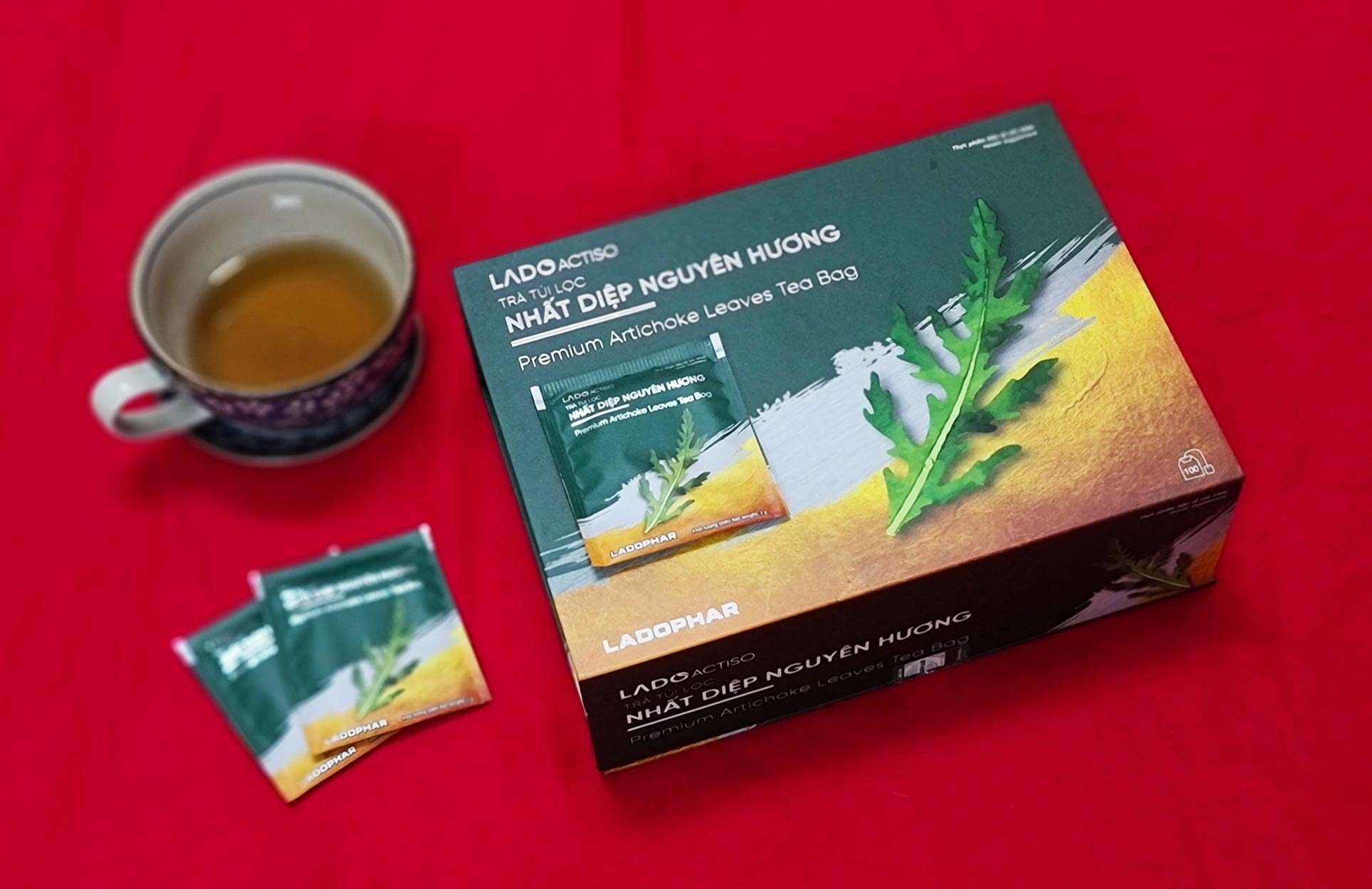
Premium Artichoke Leaves Tea
Artichoke leaves, also known as Cynara scolymus leaves, have been used to treat metabolic disorders. Artichoke leaf extract, has been studied to demonstrate hepatoprotective activity against obesity-induced obesity by a high-fat diet.

Lado Detox Purebody
Perceived as the breakthrough and comprehensive detox solution, coming from the essence of five precious herbs for health are Artichoke, Phyllanthus urinaria, Lingzhi, Codonopsis javanica and Curcumin help to effectively eliminate toxins and at the same time nurtures body healthy remain youthful.
